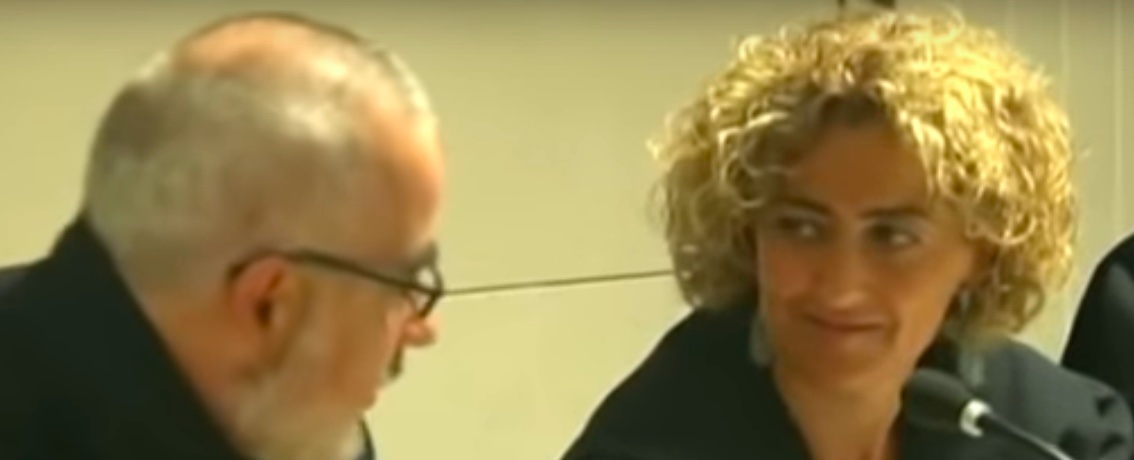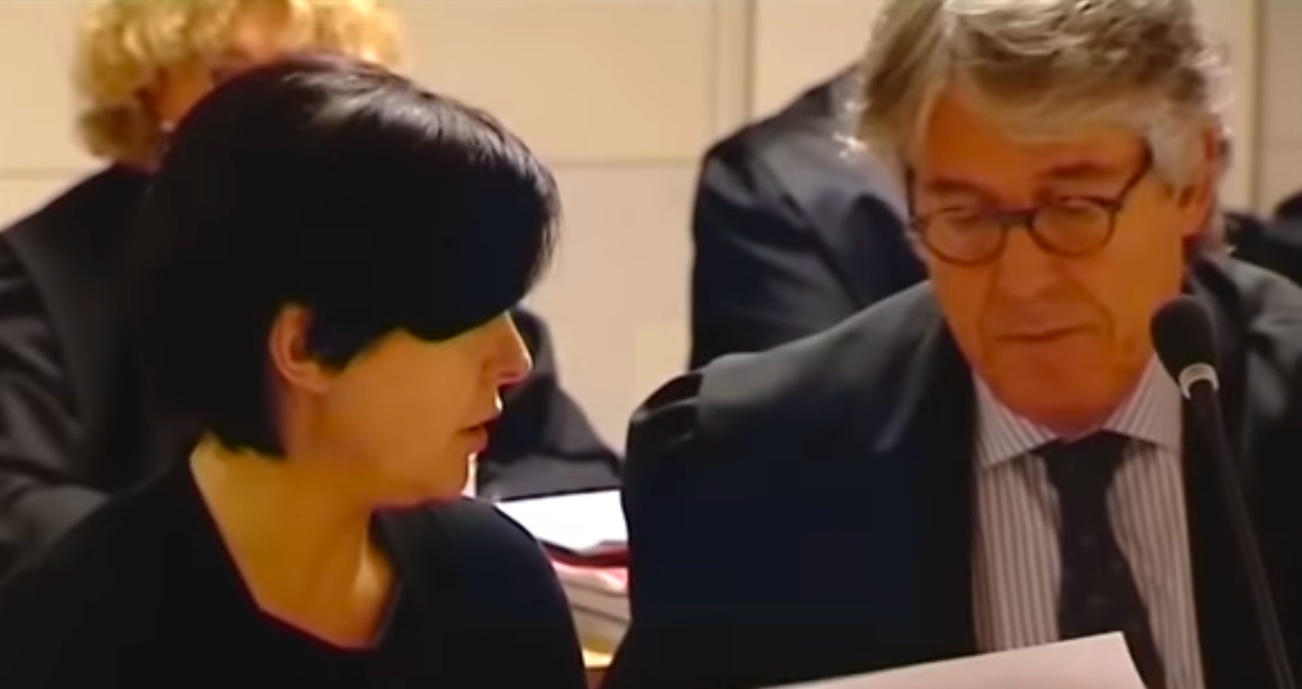When Rosario Porto and Alfonso Basterro were arrested for murdering their adopted daughter, Asunta, a shockwave went through Spain as people were forced to question the sanctity of the parent-child relationship. As shown in Netflix’s ‘The Asunta Case,’ the cops found evidence early on to suggest that the couple had to do something with the murder of Asunta. Still, as they dug deeper into that narrative and more details came to light, it didn’t do anything to make it easier to digest the fact that a person could kill their own child. As the media frenzy caught on, the narrative deepened in the public’s minds, which made the task of the couple’s lawyers even more challenging to prove their innocence.
José Luis Gutiérrez Aranguren and Belén Hospido Still Practice Law in Santiago
Even before they took on Asunta’s parents as their clients, José Luis Gutiérrez Aranguren and María Belén Hospido Lobeiras had made a name for themselves as reliable defense attorneys who did everything in their power to help their clients. With decades of experience under their belts, they run separate law firms and collaborated to fight the Porto-Basterro case. Aranguren’s law firm is situated on Juan Florez Street, while Hospido’s offices are at Rua De Alfredo Brañas in Santiago de Compostela in La Coruña province.

Due to the nature of the crime, Aranguren and Hospido were questioned about taking the case of the people who had already been declared guilty in the public’s eyes. When questioned about the moral dilemma of defending people accused of crimes, Aranguren said that he is a lawyer, not a priest, and it is not his place to decide a person’s fate. He dedicates himself to the law and believes everyone should have a fair chance to defend themselves in a court of law.
While Aranguren had handled all sorts of cases before this, he confessed that he wasn’t ready for the media attention that flooded him as soon as he stepped out of his first meeting with Rosario Porto. He said that he and Hospido were under “brutal pressure” and that even their own privacy was gone as journalists hounded their doors day and night. They realized they had to fight the case on two fronts: the court and the media. What kept him and Hospido going was their belief that their clients really were innocent. Still, when it came to the strategy, the lawyers adopted different approaches. While Aranguren took to talking to the media and stood for joint defense, Hospido maintained a distance from the media and believed that they should go about it separately, especially because the evidence against her client was minimal and circumstantial at best.
Both lawyers agreed that the investigation had been biased against their clients from the beginning. They said that the cops had discarded other possibilities pretty early and were so focused on blaming the whole thing on the parents and didn’t want to pursue the evidence that would lead them in a different direction. After their clients were convicted and sentenced to eighteen years in prison, the lawyers appealed in higher court and, at one point, also appealed against the biased trial following an unfair investigation. However, their appeals didn’t meet the intended goal.

On his end, Aranguren said he “exhausted all judicial resources” to do whatever he could to help his client. He also said that while he has faith in the justice system, how this case unfolded was a very different thing, especially with the way the investigation was handled and how much information was given to the media to be circulated to the world, rendering the court’s judgment irrelevant because the public had already made up their mind about it. At one point, Aranguren suggested that some witnesses were pressured to change the version of their events, for which a complaint for slander was filed against him.
Aranguren’s sentiments about the investigation were echoed by Belén Hospido, who said that the narrative was so crooked against Asunta’s parents that the people couldn’t see anything they didn’t want to. She underlined the severe lack of evidence against Alfonso Basterra, especially highlighting the fact that it was never proven that he had left his house on the day of the murder, though it was simply assumed by the investigating judge José Antonio Vázquez Taín to fit the prosecution’s narrative.
While Hospido continued to talk about her belief in Alfonso’s innocence, she resigned as his lawyer in 2017 due to unknown reasons, and María Luisa Manzano Recio took over her role. On the other hand, Aranguren continued to represent Rosario Porto till the day she died in 2020. He regularly visited her and was in contact with her, especially during her difficult time in prison, where her mental health deteriorated rapidly. Reportedly, Porto left her valuable art collection, which she had inherited from her parents to Aranguren. He, however, respectfully declined to accept it for ethical reasons.
Read More: The Asunta Case: Is Carlos Murillo Based on a Real Person?


You must be logged in to post a comment.